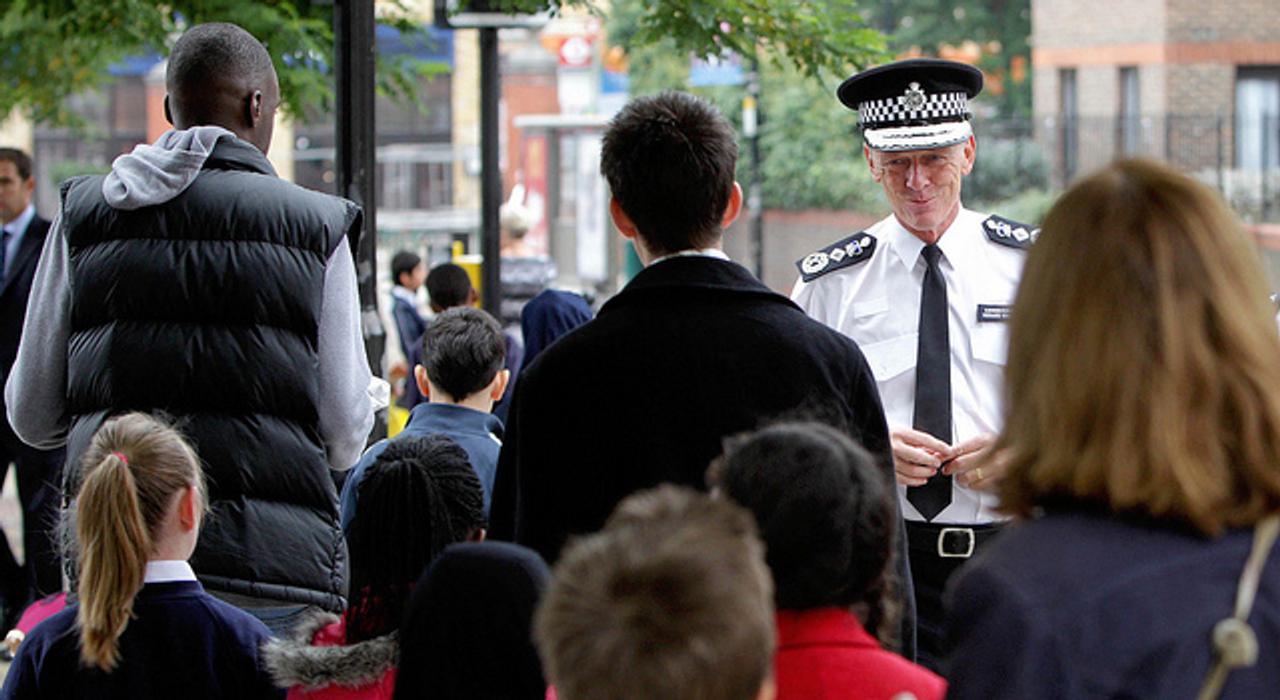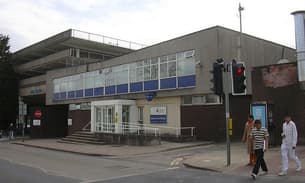
Metropolitan Police admits drastic improvements on rape are needed
Sir Bernard Hogan-Howe is concerned that an ‘unconscious bias’ is hampering police investigation of rape.
The handling of rape cases by police and prosecutors in London is to be independently reviewed after the Met admitted ‘drastic improvements’ were needed.
The review, announced by the Met Commissioner Bernard Hogan-Howe and the Director of Public Prosecutions Alison Saunders, will help the force assess whether an ‘unconscious bias’ among officers is hampering rape investigations.
The announcement follows a Bureau investigation into the handling of rape allegations by the police and the CPS, which revealed last month that the number of convictions of rape cases has dropped to a four year low.
The Bureau also revealed that former Met adviser Professor Betsy Stanko felt that the high level of rape cases dropped by the police meant rape was effectively ‘decriminalised’ for those in greatest need of protection, such as those with learning difficulties and mental illnesses.
The review announced last night, which will be headed by the former chief public prosecutor for Scotland, will be used to improve investigation and prosecution of rape nationally.
Dame Elish Angiolini will scrutinise the Metropolitan Police and Crown Prosecution Service’s working practices, including standard operating procedures, staffing, workloads and victim feedback.
Eighty sample cases will be analysed at both investigation and prosecution stage and there will be consultation with victims and a panel of experts.
The review, the findings of which will be published in February 2015, follows the announcement of a wider national action plan on rape announced last week by the CPS and the Association of Chief Police Officers.
Announcing the independent review last night, Met Commissioner Sir Bernard Hogan-Howe said: ‘We need to drastically improve how we deal with criminal investigations into rape.’
Pointing out that at least 80% of rape victims who report to police are vulnerable in some way, Sir Bernard said: ‘My concern has been whether or not the investigators are always as sensitive and empathetic to the victim’s account as they should be.’
Related story: Revealed: why the police are failing most rape victims
Police handling of rape investigations has come under fierce scrutiny over the last year.
After whistleblower James Patrick raised concerns about sex crime recording within the Met in late 2013, Her Majesty’s Inspectorate of Constabulary (HMIC) inspected 13 forces including the Met. It found rape reports were not being recorded, even by specialist sex crime units.
A separate HMIC report published in January 2014 found wide variations between forces in the proportion of allegations classed as ‘no-crimes’, meaning they are dismissed without further investigation.
Hogan-Howe said that so far this year the Met had only classified two rape cases as ‘no-crimes’.
But the Bureau has found that while the Met’s ‘no-crime’ figures had declined in recent years, numbers of allegations classed as ‘crime related incidents’ had increased in direct proportion. Up to a third of rape reports were not recorded as crimes in some London boroughs in 2014, with huge variation between boroughs.
Related story: Met dismisses up to a third of rape allegations
The Bureau has also found that at least 11 forces are not following ministerial advice to record rape allegations as crimes immediately they are made . The delay allows time for pressure to be brought to bear on the victim to withdraw their allegation.
Although the Met has insisted it records all rape allegations as crimes immediately, cases uncovered by the Bureau and highlighted in an internal report by James Patrick show that in 2013 this was not always being done.
Ms Saunders said the independent review could throw up some ‘harsh realities’ for police and prosecutors.
‘The lessons and good practice identified in this review will also assist the work across the country to further improve our prosecution of rape cases,’ she said.
‘This independent scrutiny will allow Londoners to know that this is being treated with the seriousness it deserves at the very highest level. We owe this to the victims of this awful and intrusive crime, which can devastate people’s lives.’
Dame Elish Angiolini commented that dealing with prejudices towards victims as well as robust evidential requirements demanded ‘exceptional levels of preparation and advocacy’.
‘I hope this review will assist in the improvement of those processes,’ she said.




